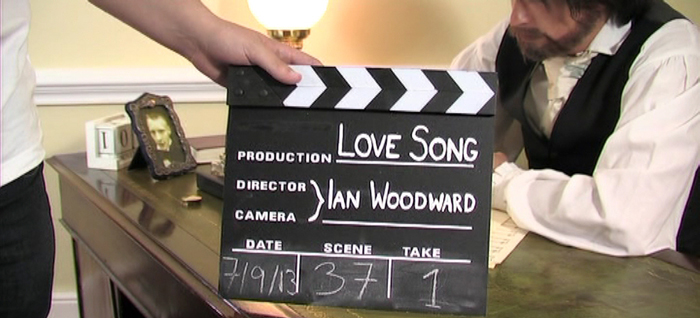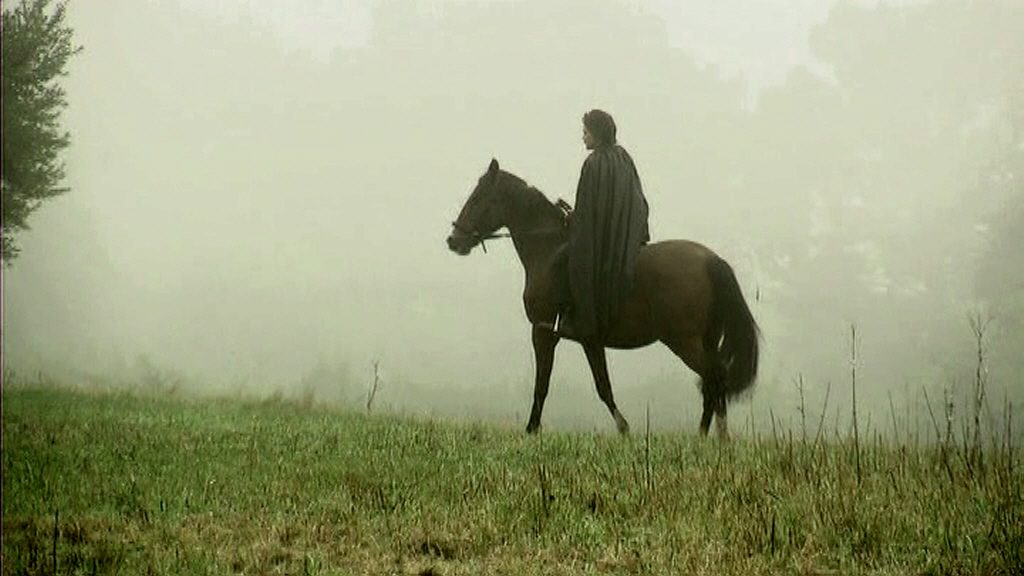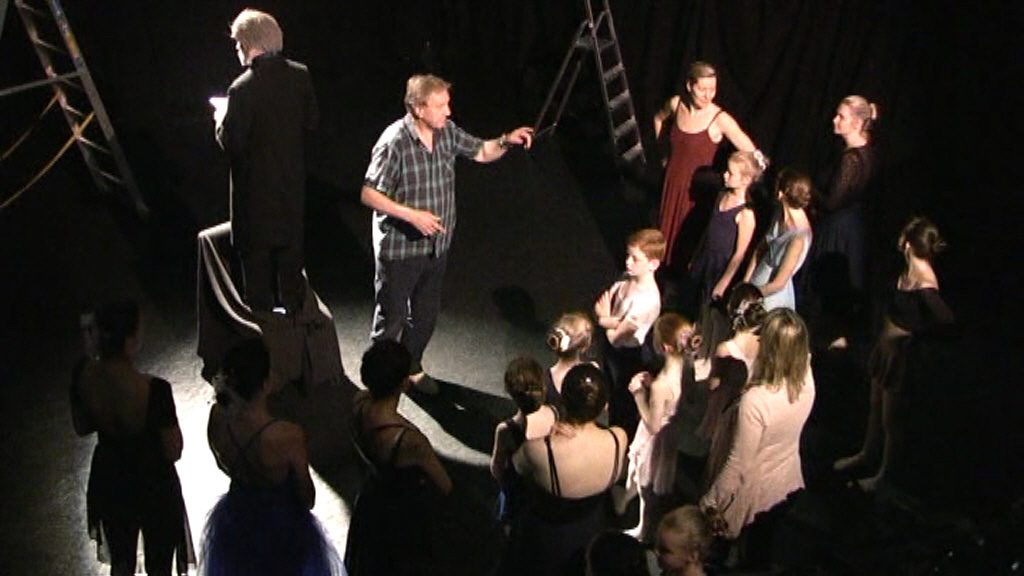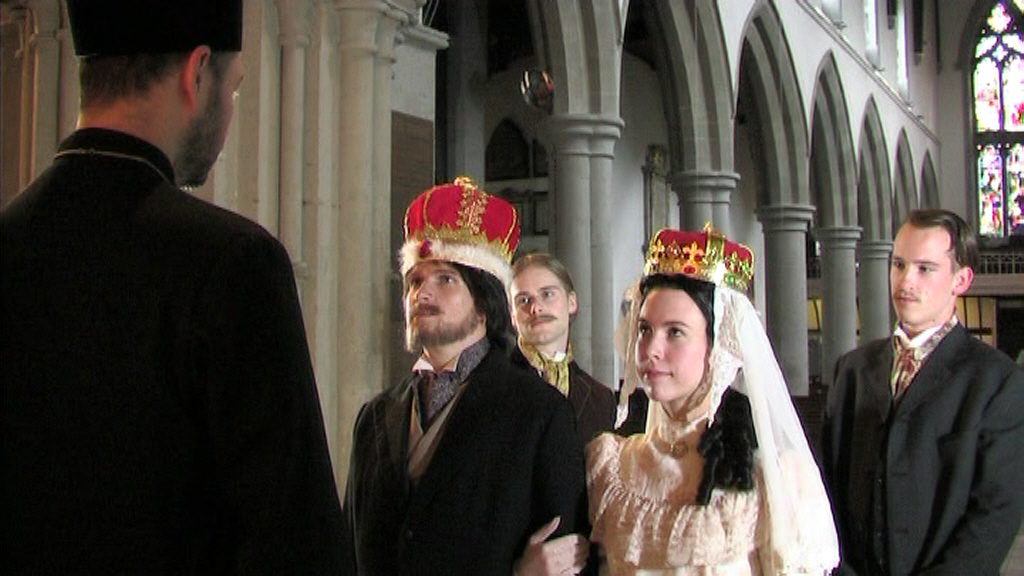The Triumph and Tragedy of Tchaikovsky


is based on life-long, ground-breaking research by Tchaikovsky aficionado and filmmaker Ian Woodward. The film reveals for the first time the sensational heart-breaking true story behind the creation of Tchaikovsky’s fantasy overture Romeo and Juliet which gave the world one of the most famous love themes ever written.

The facts are presented in biopic form. All the characters depicted in the film actually existed, although some moments have been fictionalised to fill-in gaps where details are scant or non-existent.

The screenwriter therefore set himself a rule at the outset which he has not knowingly broken: there is nothing in the film which could not have happened.

The intention has been to weave together the known facts and the scenarist’s imagination, the latter filling in the gaps left by the former. The result, which this trailer offers as an appetiser, is


Peter Ilyich Tchaikovsky (1840-1893) was the first Russian composer whose music made a lasting impression internationally.

Tchaikovsky wrote many works which are popular with the music public today including, in addition to his Romeo and Juliet Fantasy Overture, the “1812” Overture, his ballets The Nutcracker, Swan Lake, The Sleeping Beauty, and Marche Slave.

These compositions, along with his First Piano Concerto and his Violin Concerto, the last three of his six numbered symphonies and his operas The Queen of Spades and Eugene Onegin, are among his most familiar works.

Tchaikovsky spent the final period of his life at a charming house on the edge of Klin, 50 miles north-west of Moscow. Following his death in 1893 the estate was converted into the Tchaikovsky House-Museum which is maintained just as it was when Tchaikovsky lived there.

